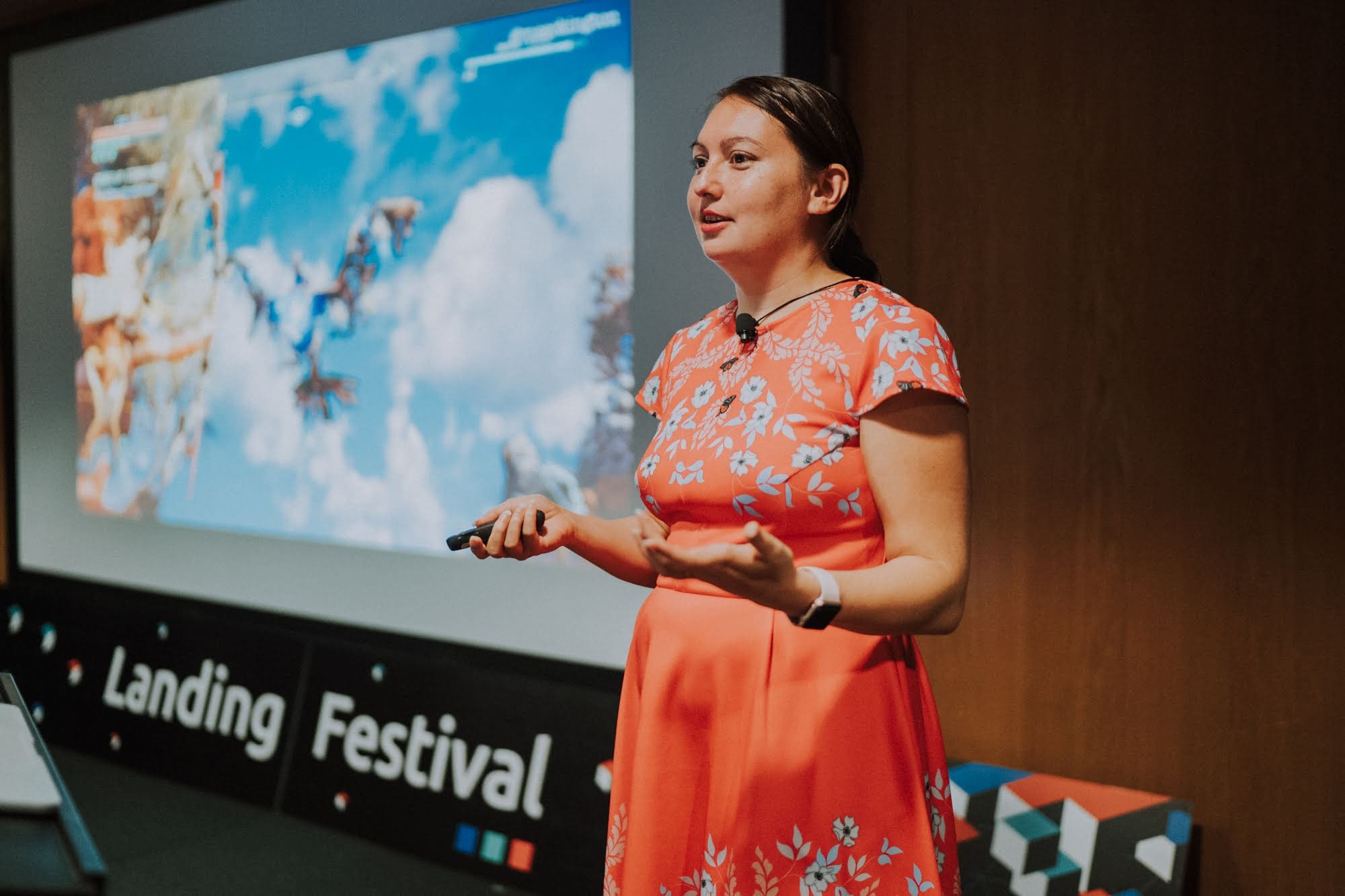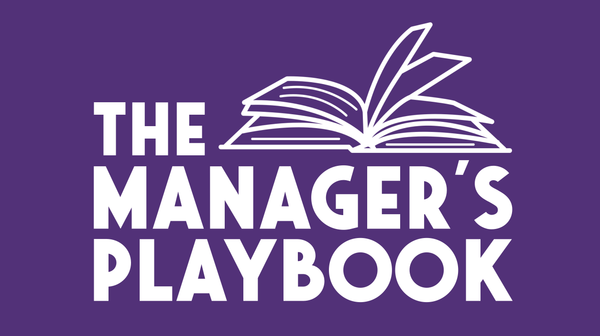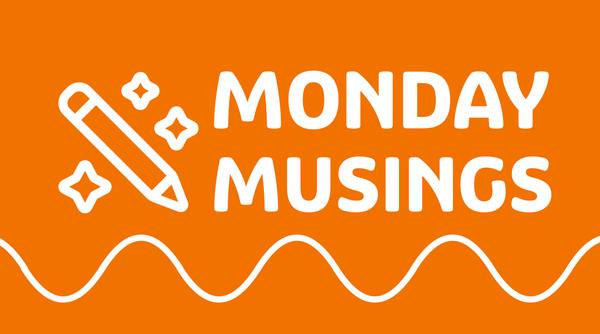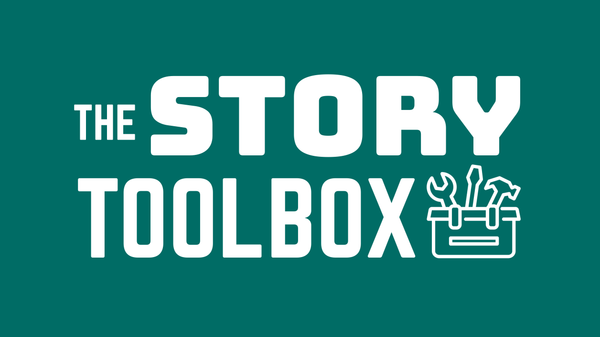Beyond The Spotlight: Charity Majors
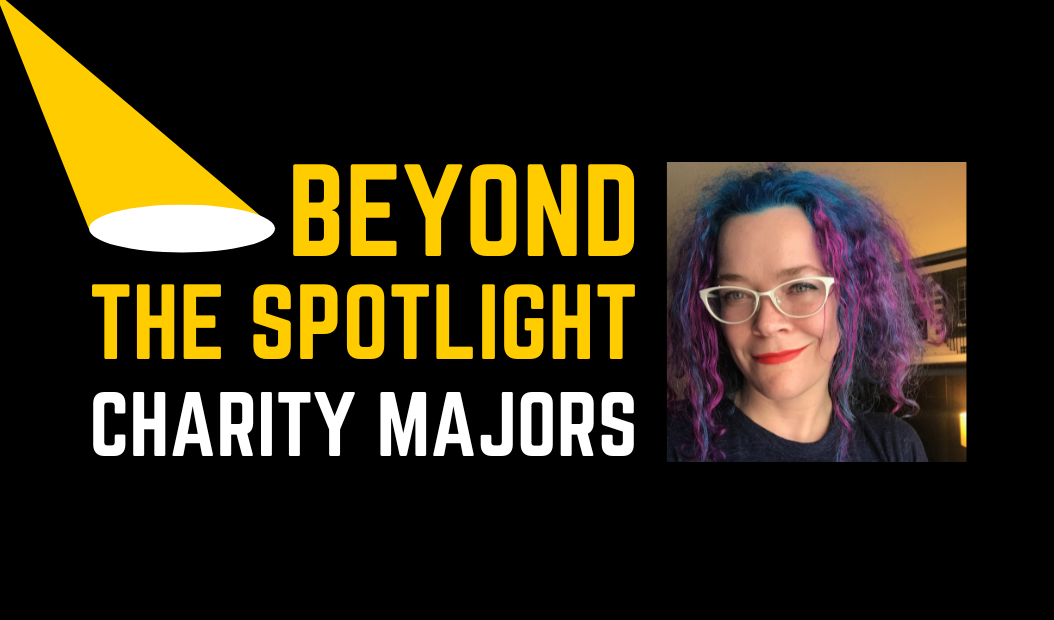
Welcome to the latest blog post in the Beyond The Spotlight series. In each post, I interview conference speakers about their talk process, preparation and delivery, showing what happens behind the scenes of great conference talks.
In today’s Beyond The Spotlight, I’m chatting to Charity Majors. You may know Charity from her talks about observability or from her blog charity.wtf.
Charity is the co-founder and CTO of honeycomb.io, which brings modern observability tooling to engineers in the era of distributed systems. She is the co-author of Observability Engineering and Database Reliability Engineering (O'Reilly), and is devoted to creating a world where every engineer is on call and nobody thinks on call sucks.
Hi Charity!
Thank you so much for agreeing to do this. I've really enjoyed the talks that I've seen from you over the years, and I think lots of people are going to be interested in hearing what your process is. We see lots of speakers on stage, but I think it's hard for people to know what actually happens behind the scenes.
I can definitely say that when I think of things that I've done that have helped me in my career, becoming good at public speaking is at the very top of the list.
When I gave my first talk, I think it was 2011 or 2012, I was so bad at it and I was so petrified. I used to have nightmares. Even just knowing I had to give an infrastructure talk, like an overview of the infrastructure for 12 people at my company. I was incapable of thinking and talking at the same time. I would write out the entire script beforehand, and then I would be so physically locked up and terrified that I couldn't even walk or move. So I came from a place of extreme almost pathological fear and not being good at it.
But if I can do it, anyone can do it.
I actually got a prescription from my doctor for propranolol. It's a beta blocker. For the first year, when I was powering through, it was the only thing that let me function and give talks. It would block the adrenaline receptors in my brain, so I wouldn't physically freeze up and be so scared I couldn't move. It doesn't do anything to make you less scared, but it makes it so you can physically function.
That is a nice segue into the first question: what motivated you to give talks?
I was invited to give a little customer presentation at AWS re:Invent, because we were early users of MongoDB and they wanted a case study. After that, what motivated me actually was how bad I was. I was like: I am not allowed to be this bad or scared of something. I just don't accept that.
Also, I was diagnosed in the last couple of years with ADHD, which makes a lot of sense in retrospect, because getting motivated to do things is difficult for me. One of the only things that reliably makes it so I can focus is panic, like fear or adrenaline. This is why I'm in ops instead of software engineering. If you're like: you have code to write for the next day, week, year, month, whatever, I can't focus. But if everything's on fire and the site is down, I get dead calm and I do the best work of my life. I didn't know this about myself at the time, but in retrospect, this is why I've always leaned hard into fear and panic because they helped me concentrate.
But that was why I was like: I am so bad at this. It was really motivating for me. I just didn't want to be that bad at it. So I started submitting talks and in the year after I did my very first talk, I think I spoke at 17 conferences.
Oh wow. That's a lot for your first year!
So talking a bit about your fears, what were the different things that were scary in that first year of giving talks?
I didn't like being looked at, or have that many people watching me. It's hard. It doesn't sound scary when you say it out loud. But I've always considered myself a much better writer than I am a speaker, because I like to be able to formulate my thoughts, structure them, and read and edit them. Talking in front of people, you can't edit, right?
So I could never think of what to say; my mind would just go blank. It was just profoundly terrifying. And when you're not good at it, when you don't have experience and you're scared, you do an even worse job, so you feel even more scared, and it becomes this doom loop of fear.
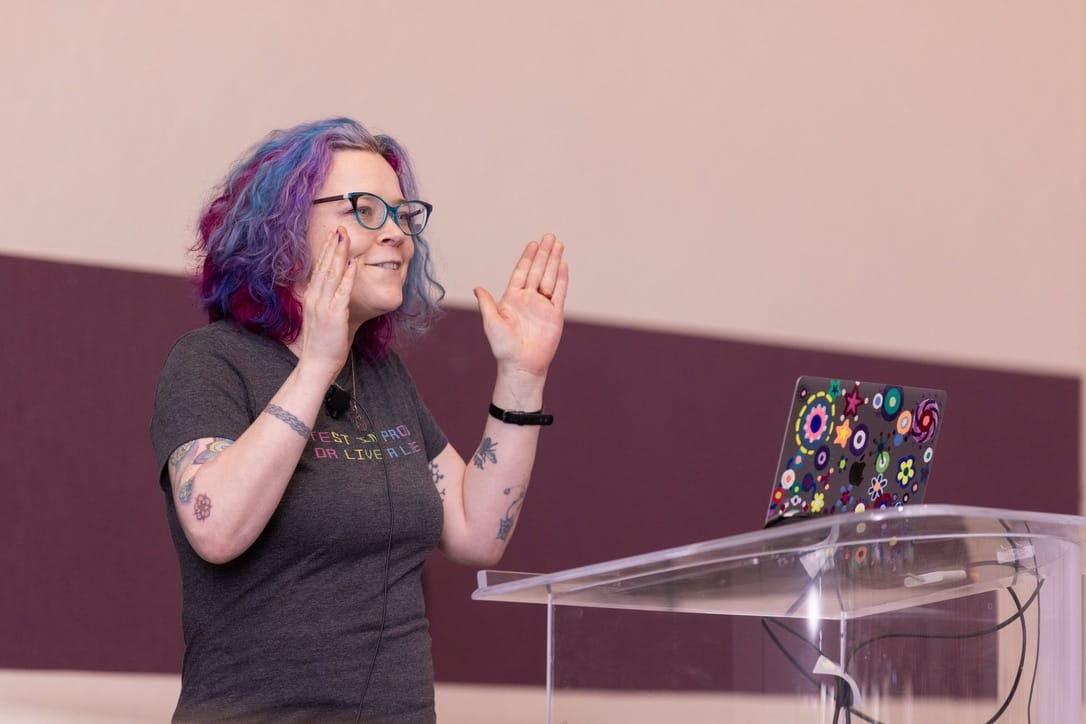
Let's switch to talking about your talk creation process. Starting at the beginning: how do you come up with your talk ideas?
Talk ideas are all around you.
Anytime you're on a rant about something, well, it's probably a good talk idea.
But in the beginning, it was much more about: what am I an expert in? What are the really hard things that I've done or that we are doing? I gave talks about how to operate MongoDB at scale, or how to auto-index stuff. Anything that had eaten up a lot of my time and energy made for good talk material.
Nowadays, it's things that are on my mind. When we started Honeycomb, nobody was talking about observability at the time. So we started writing and talking about observability, and then based on what people were saying, we would talk about more. Now, it's more about what's really on my mind, what's really eating at me?
Sometimes I want someone else to talk about a topic and then they don't so eventually I do. One talk that I wrote earlier this year was about why modern software development best practices are great. They're not incompatible with highly regulated environments, with lots of security and compliance. But I've been hearing for years things like: ”well, we can't deploy our own code because we are highly subject to regulation and you have to have separation concerns.” And I wanted somebody to write a talk about why this is not true.
And nobody did. So eventually I did.
So once you have your idea, what's next? What does your process look like?
It used to be that I would always start with the writing. What's interesting is that after about 10 years, I now find I will be ranting about something, and then I'll listen to myself and go: “Oh, that would make a great talk!”
So when I'm trying to write the talk, I will often ask: “Does somebody want to get on a Zoom with me?” And I will rant about a thing, I'll hit record, and then afterwards I'll use the transcript to pull it together.
I still, to this day, find it challenging to concentrate unless something's on fire. And so, regrettably, I am almost always writing overnight, the night before I give a new talk because I can't sit down and force myself to finish it until then.
So do you have an idea of what the talk is going to be at that point?
Yeah, usually I’ve written an abstract or a title and an abstract.
One thing that I always do is any time I write a talk, I also write an article about it. And anytime I write an article, I try to also write a talk, because it's the same fucking work. It's just two different presentation modes. You should just do both anyway.
Yeah, that makes sense. What's your approach for slides?
I find it difficult to start with a blank page at all. So I usually just kind of cargo cult from one to the next. I'm also not great at graphics or design, so I just plaster lots of bright colours and stuff on it. So I'm not actually very good at that at all.
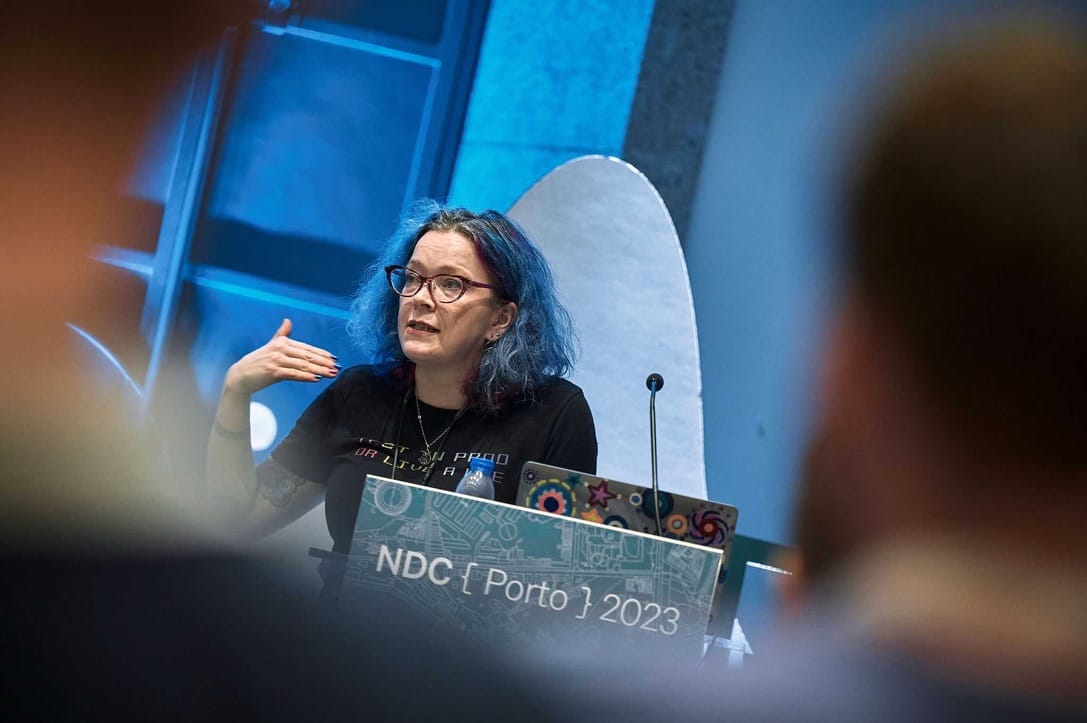
Thinking about the timeline of your talks, how long does it generally take to put a talk together?
Yeah, it really varies. Sometimes it's like six hours. Sometimes I end up working on it and then revising it and revising it. Sometimes I've worked on it for 30 hours. It always takes longer than you think. Especially, for trying to make it look good.
I used to write out the speaker notes for the full talk. I'd be so scared that I couldn't think and present at the same time, and I would panic at blanking in the moment. So I would literally write out an essay and then copy paste paragraphs and recite them, but I don't need to do that anymore.
I can just have a slide, know what I want to say and riff off of it. It took me three or four years. It takes maybe five years to get to that point, but it's a huge relief when you get there.
That brings me to the next question about the delivery of your talk. How much do you memorize? How much do you rely on notes? What are the things that you do to prepare for being on stage?
I used to always run through the slides with an audience. Ideally, a few times. I do think it's good to always run through it once, because you'll notice a lot of things that just don't make sense. Otherwise, it sucks to be up there and be giving your talk and go: “Oh shit, I should have rearranged that or this should have gone there or something.” So I think you always want to give at least one run through.
But at this point, I don't typically rely on notes or anything. I know my topics a lot more solidly.
One nice thing about giving talks is that it makes you better at your subject matter. I thought of myself as a subject matter expert, but the things that I've given talks about I remember so much more deeply. Cause if you've had to think it through well enough to explain it to people, you know it so much more deeply, so much better. It stays with you so much longer.
Thinking about the day of a talk. What do you do to prepare on the day? Do you have any habits or rituals or things that you do?
No. I used to take beta blockers, like I said previously, an hour beforehand.
It's not that I'm scared now, but there is a certain amount of energy that builds up in your body until after you've given the talk, which makes it really hard. Some people can go and listen to other talks before theirs. I can't do that. I've got too much jumpy energy. I'm not able to concentrate on anybody else's subject material until I actually delivered mine. It sucks when you’re the last speaker of the day.
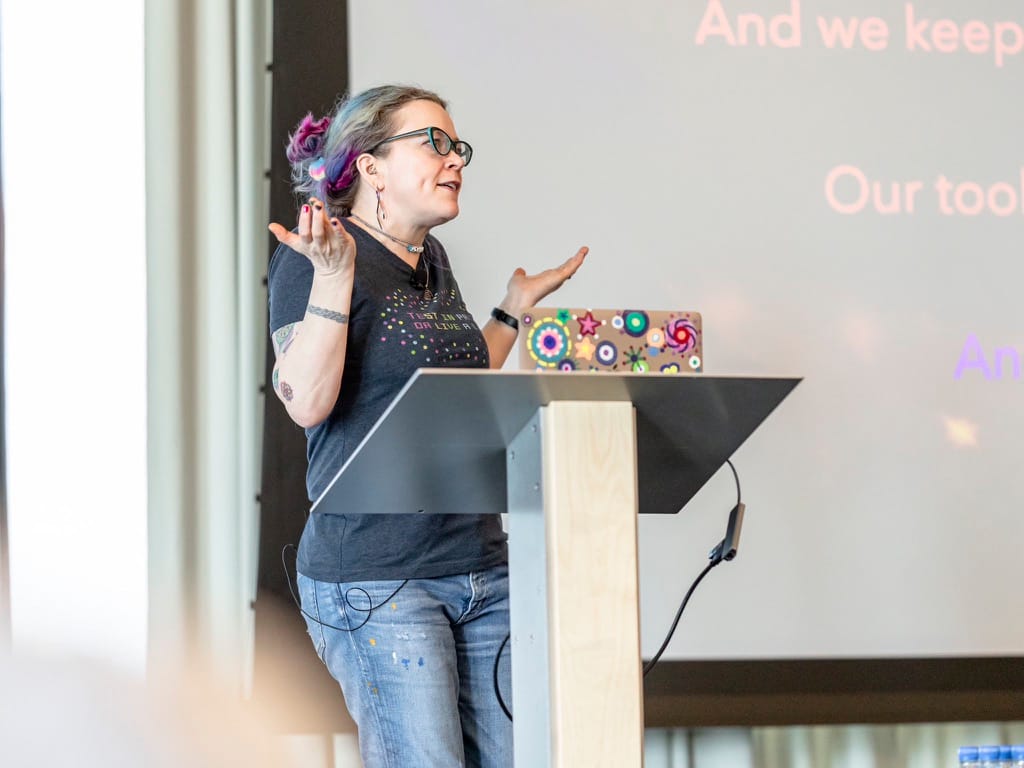
Describe to me the minutes right before you go on to do your talk. How do you feel?
I am always scrambling to finish my slides. Almost inevitably. Even when it's a talk I've given many tries. Cause I always notice things that could be cleaner or better. So I'm almost always focused on the slides.
I guess it also means that each talk, even though you've given it before, is its own new talk in a way.
This is one thing that I would like to emphasise. A lot of people are like: “Ooh, can you give a talk twice?”
And, yes, you can.
In fact, I think it takes a lot of time and energy to write a talk, it can take dozens of hours. It's almost not worth doing it if you're only going to give it once. There are so many thousands of people out there. There's nothing wrong with giving this again.
I actually sometimes enjoy a talk more the second time I've heard it, cause, first of all, you get better every single time you give it. You get better at it, and you get better at noticing what the crowd responds to. You make tweaks and it matures over time.
The conferences where you're only allowed to give brand new talks: Fuck you, unless you're paying me a lot of money, that's really presumptive. It's really not okay. I try to keep track of where I've given this before, and I don't want to bore people. I want it to be worth their money, but it's a lot of work.
There's nothing wrong with giving a talk multiple times. I’ll typically write maybe two or three new talks a year. Each talk has a lifespan of maybe two years, so I'll give it maybe half a dozen times. But also some people will request talks. They'll be like: “Ah, I heard you give this talk at that conference. Would you come and give it here?“
I really appreciate that because it helps the organizers know what they're getting. They can curate themes and know that it is really high quality. And it makes it worthwhile for those of us who are doing this as an unpaid second job, you know?
Yeah, I get that. My talks used to have a lifetime of like a year, and then I would retire them. But nowadays, I'm still being asked to do talks that I gave seven years ago. And I’m more than happy to do it again - cause the topics are still relevant.
People get way too hung up on whether something is new or not. Come on! There's nothing new under the sun. Very few talks are great because they're genuinely new.
There's more value in making it entertaining, engaging, and interesting. Giving examples that really land, and really resonate with people. Or targeting the material for a particular audience that you know is at a certain stage. It's not about being new, it's about people learning something.
Typically, people are more primed to learn something when it's not new. When it's maybe 30 percent new, right? But it's concepts that they're familiar with. You put a gloss on it that makes them think again, or shows them how it really applies to where they're at.
Especially folks who are early in their speaking career or even earlier in their software career, never underestimate how compelling it is to relate your experience.
Here's how I learned about this thing. Take us through the journey of why you learned it, what motivated you to do it, what was interesting, what was difficult, how you applied it, what you wished had been different, what would have helped you learn it more easily, how do you teach it to other people… there's so much value in that, even if I know the topic fairly well, those are always fascinating to me because we can always be better.
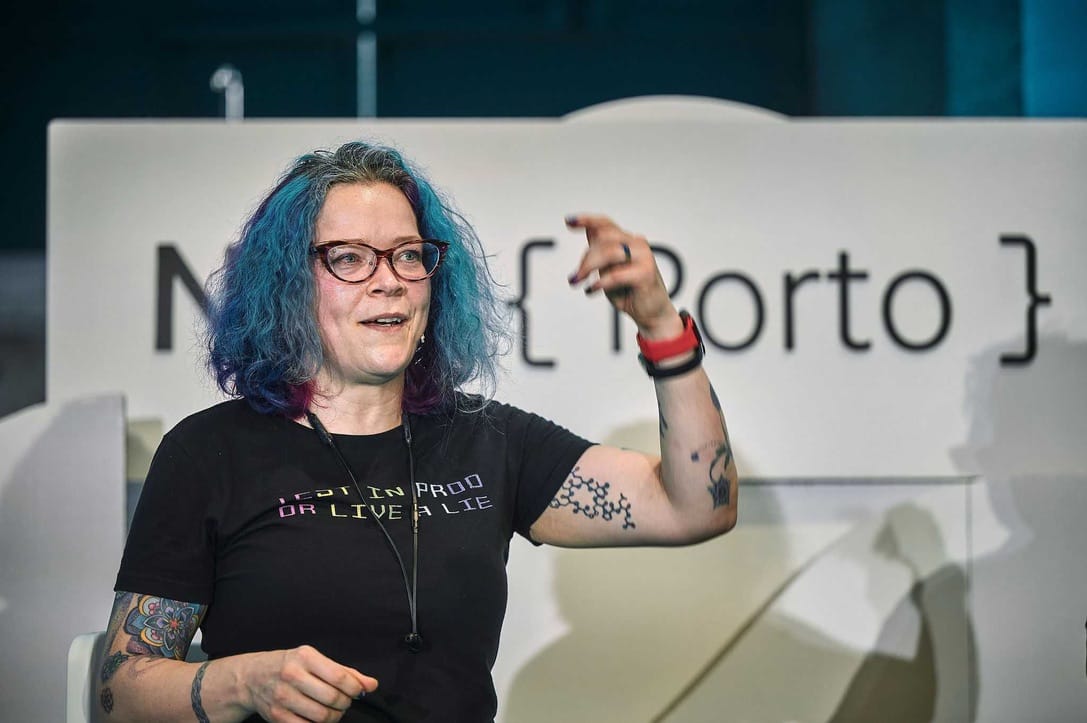
You talked about making your talk more engaging and entertaining and memorable. Are there specific techniques that you use to do that?
Well, I like to include a few jokes now and then, I think it helps.
Sometimes you have to remember who the audience is. There's going to be people who maybe don't speak English. I'm a really fast talker, so I always have to remind myself to speak more slowly.
Memes are kind of old and last year's news, but they're still funny. If you have the right one in the right place, especially if it's one you came up with yourself, it's an easy laugh, but I'm all about easy laughs.
Anecdotes are always valuable. You don't want people to feel like you're just reading the man page to them, right? That's not interesting. Tell me what's interesting about it. Don't give me five facts and two takeaways, right?
Good structure is also really important. People don't think about structure so much when they're in the moment of listening to a talk, but it really does matter. If your talk is all over the place, then you're not giving people the tools they need to appreciate the things that you're trying to give them.
Always laugh at yourself instead of other people. Everybody loves a good self deprecating joke.
I don't think people need to try too hard, if it's a new talk or if it's your first time.
One of the things useful to me is to take it to a friend of mine who's really good at giving feedback, and he's really funny. He'll often make little comments, so then I can just be like: “Oh, great, do you mind if I borrow that?” Funny friends can help.
Humour is something where you need to be authentic to who you are. If you're someone who is generally humorous and likes to tell jokes, then put some of that into your talk. But if you're a more serious person, don't feel like you have to.
You are an interesting person. If you were interested enough to learn this yourself, it will be interesting to someone else how you learned it. Authenticity is a word that gets thrown around a lot. But if you feel like you're trying too hard, you're probably going down the wrong path.
What's one thing you wish you had known when you had started? What speaking advice would you give people?
Definitely the thing about always turning any talk into an article and turning any article into a talk.
One thing I would say is that for women or any historically marginalized groups in tech: you stand out, and you're going to stand out no matter what you do, but this isn't always a negative thing, right? It is so much easier if you're a woman and you want to speak at conferences, oh my god, people want to have you.
There's something really powerful about when your name is Googleable next to a technology that you're good at. It's social proof. If you're out for a job, of course you're going to get Googled. And if your name comes up plus Kubernetes, plus kernels or plus something else, it's an incredibly cheap boost to your reputation, right?
You should do this because it's fucking cheap, and it works because if you're out there on Google, you must be an expert in what you're talking about. It isn't true, but there's something in our lizard brain that thinks it is. So, I think everyone should do that. It's easier to get your name out there, it's easier to become known for something.
Honestly, there are a lot of people out there who are looking to give marginalized people opportunities. And so put your hand up if you're willing to be chosen. Those opportunities are there and you should take advantage of them.
That’s great advice! Thanks so much for your time, Charity! It's been awesome hearing how you approach your talks!
If you want to see some of Charity's talks, check out the following:
- The Sociotechnical Path to High-Performing Teams, GOTO Chicago 2023
- A story of being on call, Monki Gras 2018
